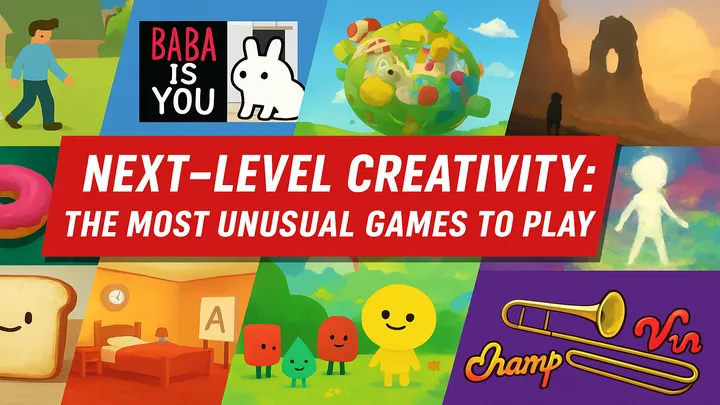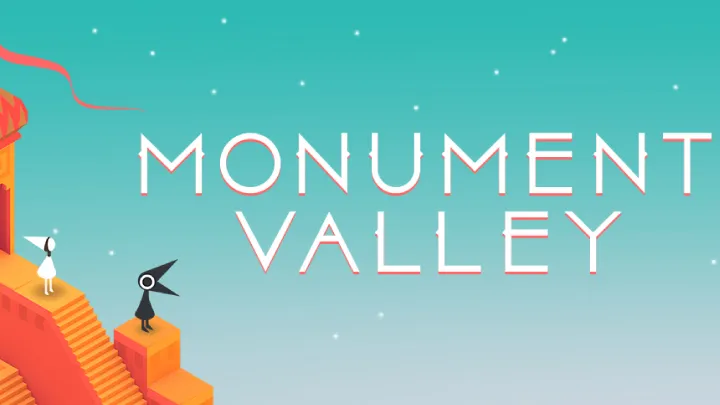The way people learn to sing has transformed dramatically in recent years. No longer limited to private lessons or expensive vocal coaches, technology has opened up new opportunities for anyone interested in improving their voice. Among these innovations, AI-powered vocal training apps are leading the way. They combine cutting-edge artificial intelligence with traditional singing techniques, making vocal development more accessible, personalized, and fun.
This article explores the best apps for vocal training with AI, how they work, and why they are revolutionizing the way beginners and professionals alike approach singing. Whether you’re looking to fine-tune your pitch, expand your vocal range, or gain confidence, these apps can be your ultimate digital vocal coach.
Why Choose AI for Vocal Training?
Before diving into the apps themselves, it’s important to understand why AI is changing the vocal training landscape. Traditional singing lessons often require in-person coaching, fixed schedules, and high costs. With AI apps, the process becomes:
- Personalized: AI analyzes your voice and offers tailored feedback.
- Accessible: You can train anywhere, anytime, without needing a studio.
- Affordable: Many apps are free or cheaper than hiring a professional coach.
- Interactive: Gamified elements make practice engaging and less intimidating.
In short, AI doesn’t replace vocal coaches entirely, but it complements them by offering daily guidance and instant feedback.
1. Sing Sharp – AI Vocal Coach in Your Pocket
Sing Sharp is one of the most popular vocal training apps available. Powered by AI, it focuses on helping users improve pitch accuracy and vocal range.
Key Features:
- Real-time pitch detection with instant feedback.
- Vocal warm-ups and breathing exercises.
- Range expansion tools to help you hit higher or lower notes.
- Progress tracking with visual charts.
Why It Stands Out:
Sing Sharp is great for beginners because of its simple interface and real-time analysis. The AI acts like a patient coach, giving encouragement and corrections without judgment.
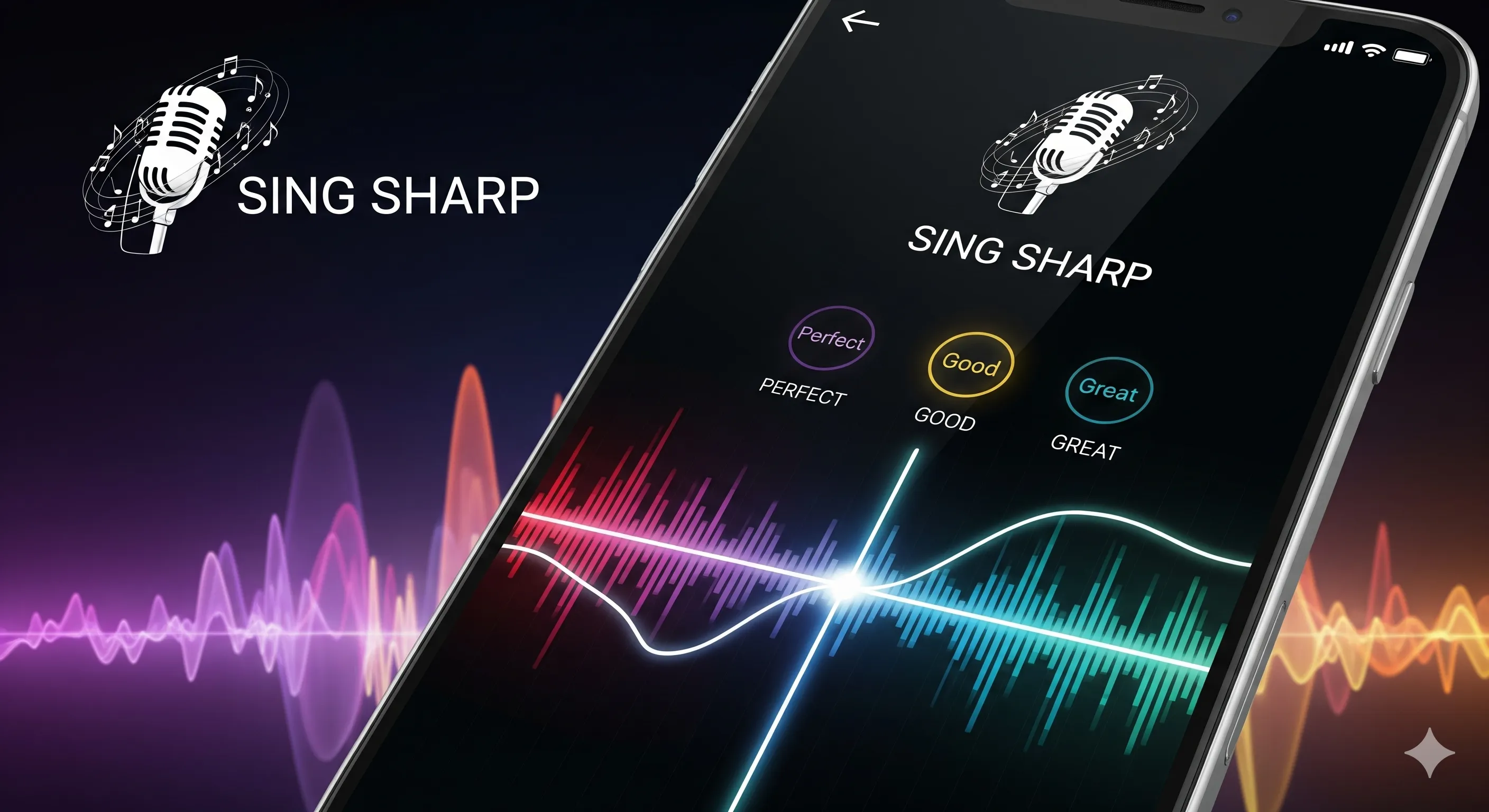
2. VoxTrain – AI-Powered Vocal Range Mastery
VoxTrain is designed specifically for singers who want to build range and power. Its AI algorithm listens closely to your vocal output and suggests targeted exercises.
Key Features:
- AI-generated daily training routines.
- Vocal health monitoring to prevent strain.
- Smart exercises that adapt as your skills improve.
- Customizable practice modes for different genres.
Why It Stands Out:
Unlike many apps, VoxTrain places emphasis on safety and vocal health. Its AI warns you if you’re straining and offers adjustments, making it ideal for sustained practice.
3. Erol Singer’s Studio – Precision Meets AI Feedback
Erol Singer’s Studio combines professional vocal techniques with AI-driven feedback. It’s particularly popular among singers preparing for auditions or live performances.
Key Features:
- Pitch and rhythm analysis powered by AI.
- Progressive lessons for beginners to advanced singers.
- Visual feedback on pitch accuracy and timing.
- Backing tracks for realistic practice sessions.
Why It Stands Out:
Erol Singer’s Studio is perfect for serious learners. The combination of structured lessons and AI-driven analytics helps users transition from casual practice to professional-level preparation.
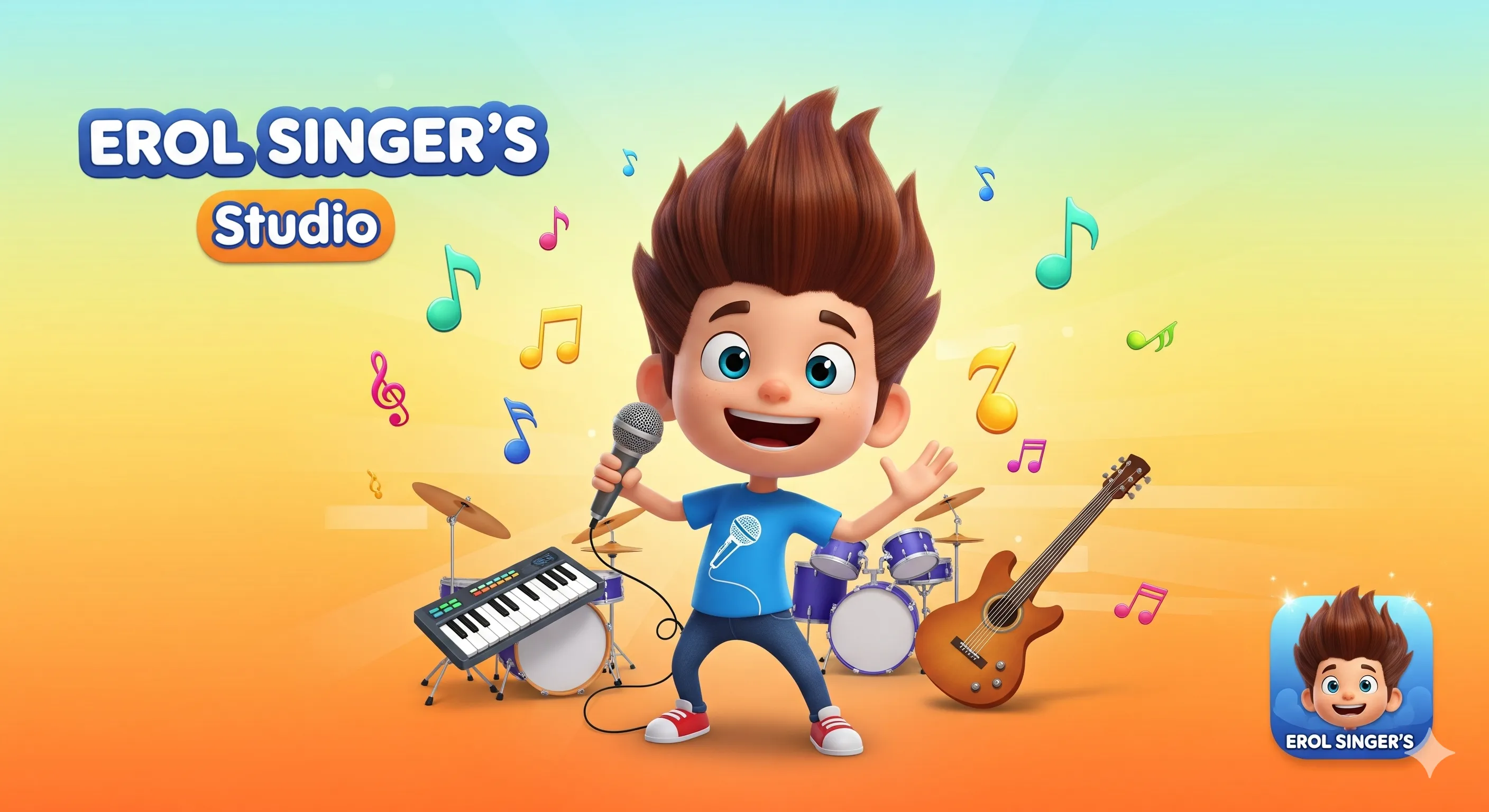
4. Vanido – Gamified AI Singing Practice
Vanido takes a playful approach to vocal training by gamifying the experience. Its AI listens and adjusts exercises based on your performance in real time.
Key Features:
- Daily personalized vocal exercises.
- Pitch-tracking AI with colorful visuals.
- Gamification features that reward progress.
- Adaptability for different musical styles.
Why It Stands Out:
Vanido makes vocal training fun and less intimidating. If you’re someone who struggles with discipline, its daily reminders and gamified system keep you motivated.
5. Smule – Social AI Karaoke and Voice Training
Smule is often thought of as a karaoke app, but its AI tools also provide powerful vocal training support. Singing along with music while getting real-time feedback helps you improve naturally.
Key Features:
- AI pitch correction and guidance.
- Duets with friends or artists for interactive practice.
- Vocal effects and tuning tools.
- Large library of songs across genres.
Why It Stands Out:
Smule merges entertainment with training. By singing socially and practicing on your favorite songs, you improve your vocal skills without it ever feeling like homework.
6. Singscope – Simple AI Pitch Analysis
For singers who want straightforward feedback, Singscope is a lightweight app that provides real-time pitch tracking without extra distractions.
Key Features:
- Live pitch graphs showing accuracy.
- Option to record and review performances.
- Easy interface for quick feedback.
- Works well for beginners and professionals alike.
Why It Stands Out:
Singscope is ideal for practicing scales and exercises. It doesn’t gamify or socialize, but its precision makes it a great companion for focused practice sessions.
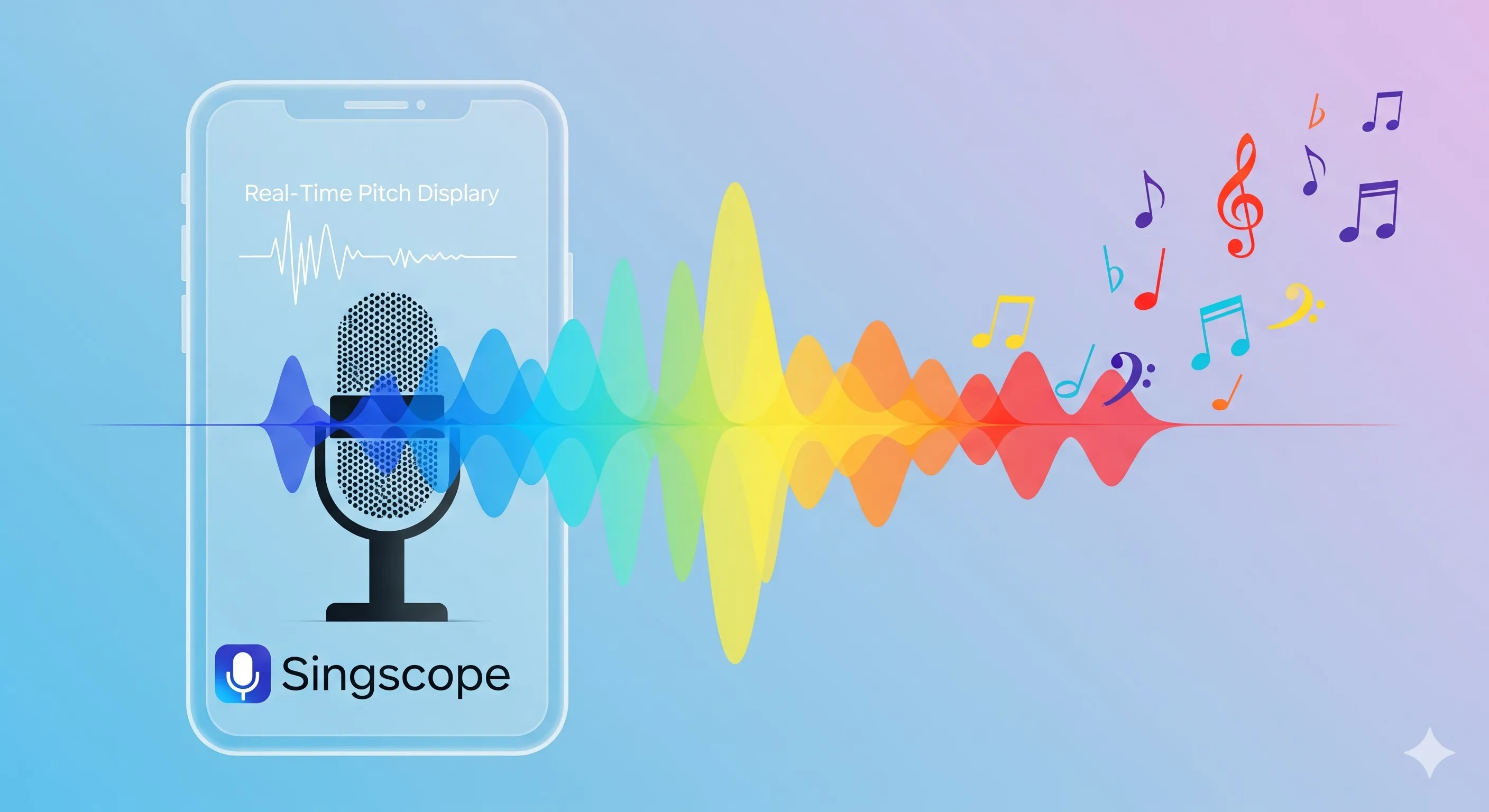
7. AI Vocal Coach (Next-Gen Apps) – The Future of Singing
In 2025, a new wave of AI-only vocal coaches is emerging. These apps use deep learning models to provide more nuanced feedback, such as detecting tension in your voice, suggesting hydration breaks, or generating customized vocal warmups.
Potential Features:
- AI detects emotional tone and suggests adjustments.
- Smart scheduling for rest and training balance.
- Voice cloning technology to compare your singing style to professional singers.
- Hyper-personalized training modules.
Why It Stands Out:
These next-gen AI vocal apps represent the future of vocal training. As AI continues to evolve, expect apps to become more like real coaches with human-like adaptability and empathy.
Benefits of AI Vocal Training Apps
- Instant Feedback: No waiting for a teacher’s response.
- Data-Driven Progress: Visual charts and reports keep you motivated.
- Affordable Learning: A fraction of the cost of traditional coaching.
- Consistency: Train daily with structured routines.
- Confidence Building: Practice privately until you’re ready to perform.
Tips for Maximizing Your AI Vocal Training
- Be consistent – Short, daily practice is more effective than long, irregular sessions.
- Use headphones – For accurate pitch detection and minimal background noise.
- Combine with human coaching – AI is powerful, but feedback from a professional singer adds nuance.
- Stay hydrated – Vocal health remains essential regardless of technology.
- Experiment with genres – Try pop, rock, or classical exercises to build versatility.
The Future of AI in Vocal Training
As AI continues to advance, expect these apps to go beyond simple pitch analysis. In the near future, we may see:
- Emotion-based training, where AI helps you convey feelings through singing.
- AI duet coaches, where the system harmonizes with your voice in real time.
- Performance simulation, letting you rehearse as if you’re on stage with a live audience.
The line between digital assistant and human coach is blurring, and AI vocal training apps are already reshaping the way people learn to sing.
Final Thoughts
The best apps for vocal training with AI—such as Sing Sharp, VoxTrain, Erol Singer’s Studio, Vanido, Smule, and Singscope—offer a variety of tools tailored to every type of learner. Whether you want structured lessons, playful gamification, or professional-level feedback, there’s an AI app that fits your journey.
In 2025 and beyond, AI will not only help singers improve their technical skills but also transform the art of singing into a personalized, interactive experience. With these apps, your dream of mastering your voice is just a tap away.









